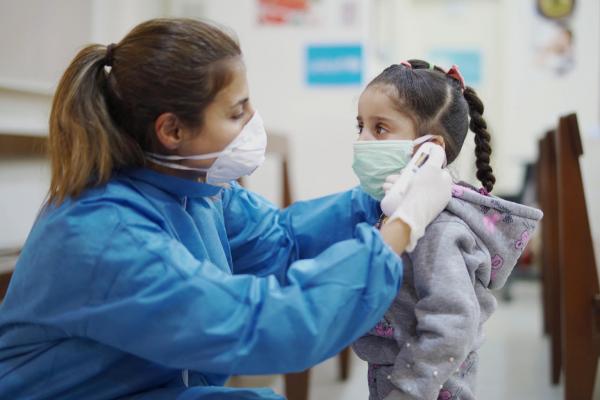• Avoid the “three Ks”: indoor spaces where people are huddled or in contact.
Outbreaks have been reported in restaurant guests, choirs, fitness clubs, nightclubs, offices and places of worship, often with a history of being in enclosed spaces where people talk loudly, scream, breathe or sing loudly.
Long-term exposure to large numbers of people in close proximity to each other in poorly ventilated areas increases the risk of contracting COVID-19. Obviously, in such conditions, the virus spreads more efficiently through droplets or aerosols, and therefore the importance of taking preventive measures increases.
• Hold meetings outside. Meeting people on the street is much safer than indoors, especially if the area of the room is small and the natural ventilation is unsatisfactory.
Detailed recommendations for events such as birthday parties, children playing soccer or family gatherings are provided in the Q&A: Small-Group Events.
• Avoid crowded places and closed rooms, and if this is not possible, take preventive measures:
Open windows. When inside, natural ventilation must be increased.
WHO has published frequently asked questions about ventilation and air conditioning for both the general public and those responsible for the management of public spaces and buildings.
Wear a mask (see above for details).
